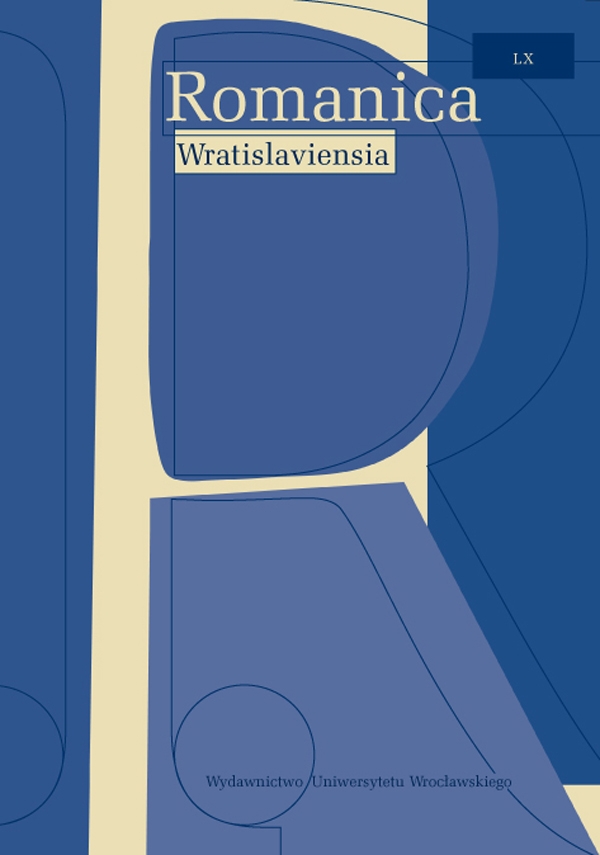

Articles

NARRATED IN A LANGUAGE THAT IS NOT ONE’S OWN
This study focuses on authors who have chosen French as their language of expression, seeming, at least at first glance, to have turned their backs on their mother tongue. Two women authors are under scrutiny here, the Greek Blanche Molfessis and the Lebanese Vénus Khoury-Ghata, whose viewpoints intersect with Nancy Huston’s and Claude Esteban’s reflections on bilingualism.
Each author’s knowledge of the French language, which derives from their own personal history — often following the course of History — seems to function as a mirror of the soul. It is a language of detachment and freedom, which ventures to articulate and elucidate the hidden childhood experiences and the recollection of the anguish of an unhealed wound.
These two women writers do no write “French” but “in French”, in their own French language, which carries the visible marks of the other language, the other culture, the other country, or, in short, the Other which is at the origin of the “littérature-monde”.